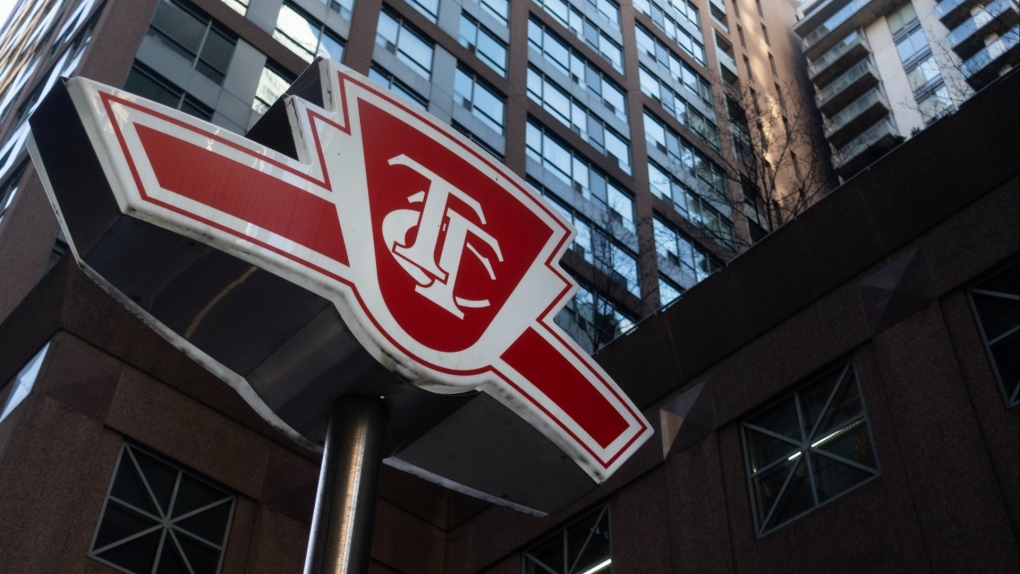Advocacy groups concerned as TTC fare inspectors, special constables will be equipped with body-worn cameras starting in May

Incidents across the Toronto Transit Commission (TTC) could be captured through a new lens as the City of Toronto’s TTC board approved the use of body-worn cameras.
Starting in May, 20 special constables, 20 fare inspectors, and 14 special constable vehicles will be equipped with cameras.
In an interview with CTV News Toronto, Angela Gibson, the TTC’s interim executive director of fare technology and system stewardship, said the transit agency came up with the policy after a 2017 ombudsman report recommended car cameras to increase transparency.
Many parts of the system already have video surveillance, and Gibson said that, through consultation, the TTC found benefits in giving body-worn cameras to staff.
“What our CCTV cameras don’t show is the audio, and now, with body-worn cameras and in-car [cameras], we are able to capture that, and it becomes even greater transparency.”
The city’s TTC board chair approved the use of the cameras on Thursday. The nine-month pilot program costs $1.243 million. Gibson said that while it will be reviewed after nine months, it already has funds to carry the program forward.
Some groups are expressing concerns: those experiencing homelessness or mental health issues could become targets, whether racism and discrimination will come into play when a fare is being checked, or when exactly cameras will be turned on and off.
“It’s not a prevention tool. It is a clean up the mess after the fact tool. That’s not where we should be putting our resources and our time and our money,” said Anna Willats, a member of the Toronto Police Accountability Coalition.
“The presence of (a) body-worn camera will inevitably and by design capture people in their worst moments, which contributes to the systemic over-surveillance of homeless people,” Diana Chan McNally, a front-line worker with people experiencing homelessness, told the TTC board at a meeting Thursday.
Gibson, who oversees the camera policy, said the concerns are valid because many people are aware of the cameras from a police environment.
According to the TTC’s policy, a camera must be on at the start of an interaction, with the customer notified, and is only turned off when the interaction has ended.
Gibson also added that the footage is being managed independently of fare inspectors and special constables with the cameras, and the TTC is auditing interactions to see if people are overrepresented.
“We want to be able to check ourselves and use that information to say how can we do better in terms of delivering our services so it’s really about accountability to our customer.”
Fare inspectors and special constables will rotate using the cameras every six weeks and will start using them at some point in May, along an exact date has not been set.
The TTC reported losing $124 million in fare evasion in 2023.
View original article here Source









